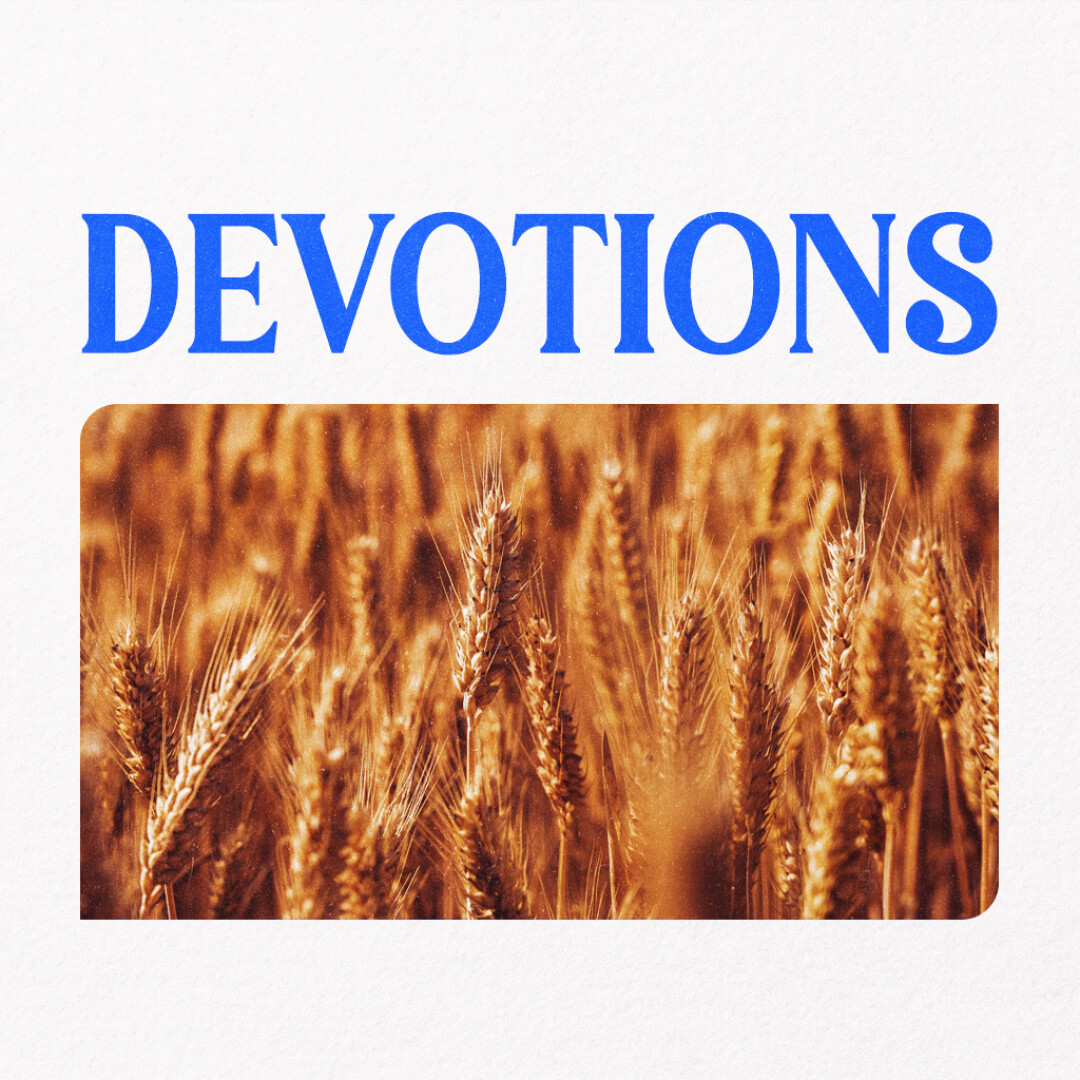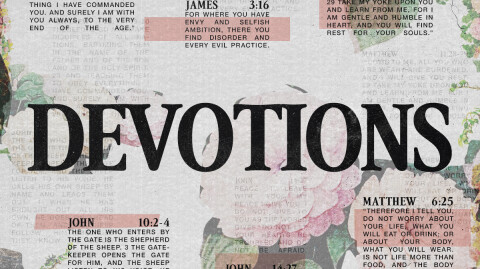
Grab your Bible, a journal, and a pen to reflect on what God is teaching you through this section of scripture. Here is the format that we will follow:
Be Still: As you read, write out the Bible verse or verses that stick out to you most.
Abide: What truth can you learn? Are there any principles or commands present? What is the overall theme of the text?
Adore: What does the text reveal about God and His character?
Apply: How does this Scripture apply to your life today? How does the truth of God’s Word change your daily perspective? How can you live differently in light of this truth?
Pray: Pray God’s Word back to Him. Turn these thoughts into prayer. Ask the Lord to show you how to meditate on and apply this Scripture to your life.
Scripture: Ruth 1:19-22 So the two women went on until they came to Bethlehem. When they arrived in Bethlehem, the whole town was stirred because of them, and the women exclaimed, “Can this be Naomi?”
“Don’t call me Naomi,” she told them. “Call me Mara, because the Almighty has made my life very bitter. I went away full, but the Lord has brought me back empty. Why call me Naomi? The Lord has afflicted me; the Almighty has brought misfortune upon me.”
So Naomi returned from Moab accompanied by Ruth the Moabite, her daughter-in-law, arriving in Bethlehem as the barley harvest was beginning.
For consideration as you reflect:
- Mara means “bitter.” How does this definition change the way that you interpret the passage?
- The end of this passage mentions that the barley harvest was beginning. This shows that the famine was over in Bethlehem. How might this be symbolic in the story of Ruth?

